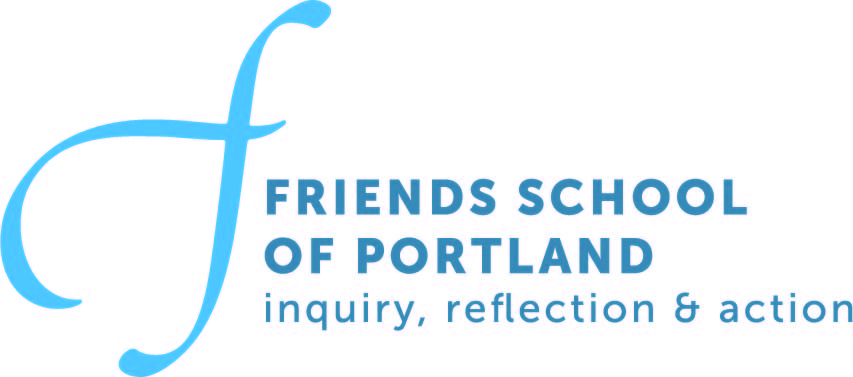Inquiry - Reflection - Action for Adult Learners: Professional Development at FSP
"Our belief that there is light in each of us leads to the conclusion that we are all natural learners, and we all have something to teach. These beliefs support an active, inquiry-based approach to learning at FSP. In a community of learners, students and teachers alike frame questions, investigate topics and ideas, practice frequent reflection, and connect learning to individual and group action within our communities." -Friends School of Portland Curriculum Guide
Professional Development is critical to the practice of teaching. It allows teachers to stay up-to-date on emerging research and best practices and provides avenues for teachers to follow their passions and hone their practice. At Friends Schools in general, and at FSP in particular, it holds additional weight. Professional learning is one of the ways that teachers live the philosophy that “we are all natural learners, and we all have something to teach.” At FSP, there are several ways we engage in professional development; teachers and staff choose a common area of focus each year that guides our faculty meeting time together. This year we worked on starting Critical Friends Groups and aligning our curriculum standards across grade levels. In addition, individual teachers and/or small groups of teachers identify areas of focus for professional learning each year and use an inquiry-reflection-action approach to deepen their understanding and practice in those areas.
Below are three examples from the 2022-2023 school year:
Reading Instruction in First and Second Grades
You may have heard about the ongoing debate around reading instruction, featuring an approach often referred to as the “science of reading”. The first and second grade teachers and assistants have begun with the question “How can the science of reading research be applied to strengthen early reading instruction at FSP?” Together, they delved into the discussion around this topic. Supported by shared readings and an online course, they’ve been discussing implications for their practice in grades 1 and 2.
Developmental Designs in Middle School
Last summer and this year, the middle school advisors were trained in an approach called Developmental Designs. Based originally on the Responsive Classroom approach, Developmental Designs is an academic and social-emotional teaching structure focused on the needs of adolescents. It forms the scaffold on which we build our school culture in the fifth through eighth-grades, providing the structures for much of our advisory, social-emotional, and social justice and equity work.
Outdoor Learning in Kindergarten
This spring Carie Garret, FSP’s kindergarten teacher (together with Marie Reimensnyder, FSP’s former preschool teacher and current Outdoor Learning Coordinator at Fiddlehead School of Arts and Sciences, and Kate Cass, a Kindergarten teacher at Fiddlehead) led a workshop for Antioch University’s In Bloom conference. In Bloom is an annual conference focused on “promising practices in nature-based early childhood education.”
The workshop, entitled “Keeping it Simple: Teaching Through Routines in the Outdoor Classroom,” was designed to facilitate exploration of ways in which common routines in the forest (preparing to enter the forest, gathering as a group,and learning walks, for example) can be powerful tools for enhancing and supporting student learning and growth in an outdoor program.
FSP’s culture of joyful learning is at the center of what we do. That culture is fed and nourished by teachers who, themselves, are encouraged to follow their passions, question their assumptions, and work together to be continuously open to the world’s revelations.
If you’re interested in looking at a few of the professional books that have been influential to teachers over the past year, here is a selection:
Charney, Ruth. Teaching Children to Care
Denton, Paula. The Power of Our Words
Crawford, Linda. Face to Face Advisories: Bridging Cultural Gaps in Grades 5-9
Liljedahl, Peter. Building Thinking Classrooms in Mathematics
SanGiovanni, John J, Katt, Susie, and Dykema, Kevin. Productive Math Struggle: A 6-Point Action Plan for Fostering Perseverance
Burkins, Jan and Yates, Karie. Shifting the Balance: 6 Ways to Bring the Science of Reading into the Balanced Literacy Classroom
